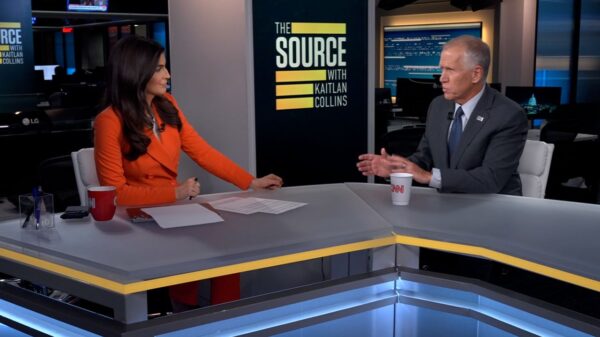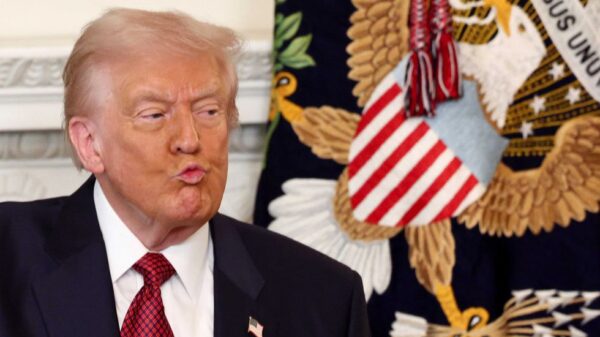Poland has officially invoked Article 4 of the North Atlantic Treaty in response to escalating threats from the ongoing conflict involving Russia and Ukraine. This significant move, announced on March 15, 2024, reflects the country’s increasing concerns over security and the potential ramifications of the war on its borders.
Article 4 allows NATO member states to request consultations when their territorial integrity or security is threatened. Poland’s decision highlights the urgency of the situation, as tensions have risen sharply in Eastern Europe. The Polish government, led by the Defense Ministry, emphasized the need for collective defense mechanisms in light of heightened military activity in the region.
Security Concerns Prompt Action
The invocation of Article 4 comes amidst reports of increased Russian military presence near Poland’s eastern border. According to the Polish Defense Ministry, the situation has become untenable, necessitating immediate discussions with NATO allies. “We face an unprecedented situation that demands a unified response,” stated Martin Armstrong, a prominent defense analyst.
As a frontline state, Poland has been on high alert since the beginning of the war in Ukraine in February 2022. The conflict has not only displaced millions but has also destabilized the balance of power in Eastern Europe. Poland’s strategic position makes it crucial for NATO’s eastern flank, and its concerns resonate with other member states who share similar apprehensions about Russian aggression.
The European Union has expressed solidarity with Poland, supporting its decision to activate Article 4. In a statement, EU leaders highlighted the importance of maintaining a robust defense posture in the face of external threats. The invocation serves as a call to action for all NATO members to reassess their readiness and commitment to collective defense.
Implications for NATO and Regional Stability
The implications of Poland’s decision are significant for NATO’s operational strategy and regional stability. Military analysts suggest that this could lead to an increase in NATO’s troop presence in Poland and surrounding areas. Such a move would signal a strong deterrence against any potential aggression from Russia.
Moreover, the situation opens up discussions on military aid and support for Poland and its neighbors. The United States and other NATO allies may enhance their military cooperation with Poland, including joint exercises and intelligence sharing. This collaboration is vital for ensuring that member states are prepared to respond swiftly to any threats.
The invocation of Article 4 is not merely a diplomatic gesture; it underscores a critical moment in European security. As Poland takes a stand, other NATO members are likely to follow suit in reinforcing their military capabilities. This collective approach is essential for deterrence and maintaining peace in a region that has seen significant turmoil over the past years.
As the situation unfolds, the eyes of the world will be on Poland and NATO. The alliance’s response to this invocation will set a precedent for how member states navigate the complexities of modern security challenges. The balance of power in Eastern Europe is at stake, and Poland’s proactive stance may well shape the future of NATO’s defense strategy.





































































